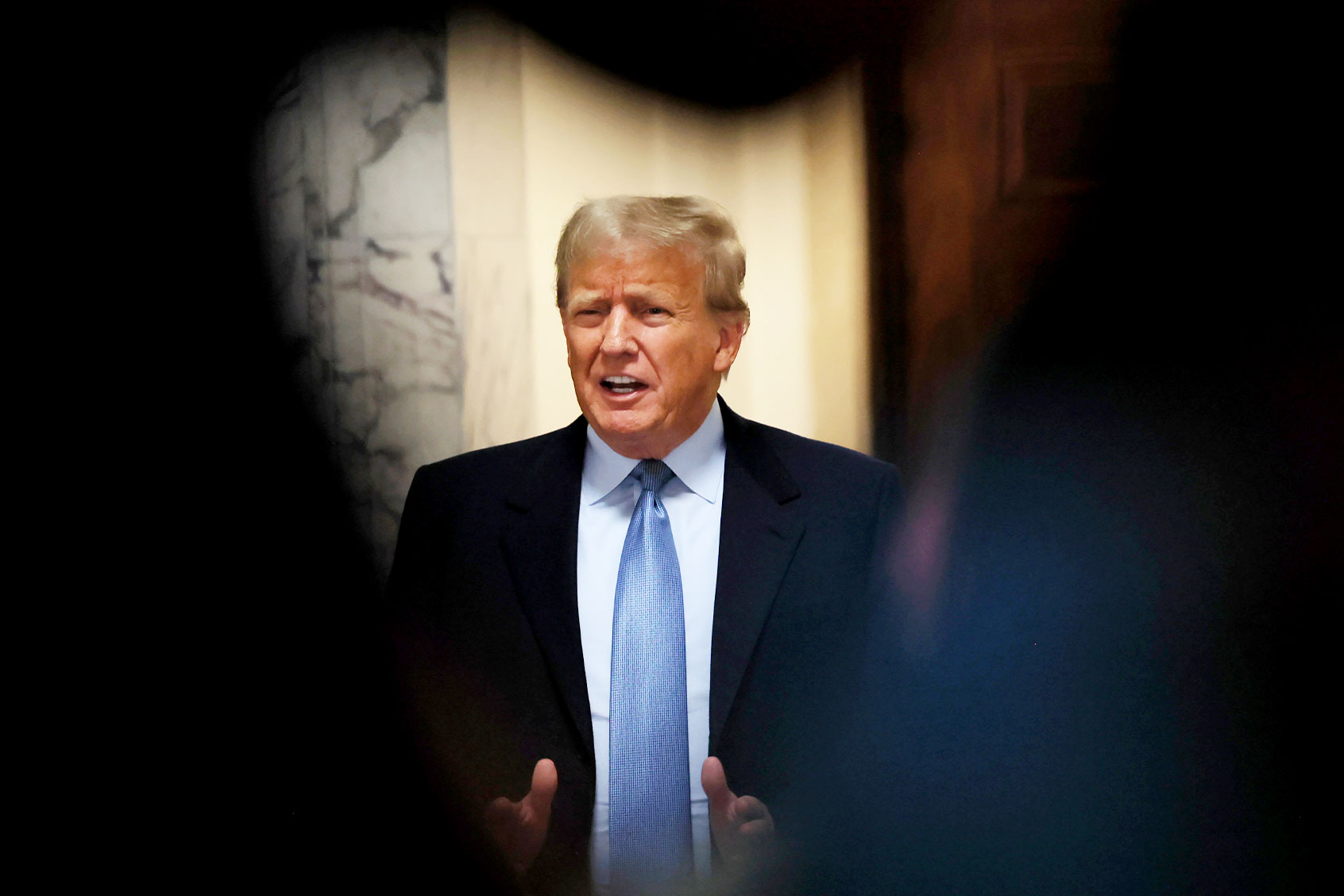Donald Trump's argument that he holds "absolute immunity" from criminal prosecution as a former president falls apart in the face of nearly all of American history, special counsel Jack Smith argued Thursday per Politico. In a 54-page filing pointedly refuting Trump's sprawling efforts to impede the federal criminal case alleging he conspired to overturn the 2020 election results, Smith's team referenced the prosecution of Aaron Burr, Richard Nixon's pardon, the civil lawsuit against Bill Clinton and Trump's own remarks on his 2021 impeachment trial for allegedly inciting the Jan. 6 insurrection. In another part of the filing, prosecutors called out Trump lawyers' attempts to "draw a parallel between his fraudulent efforts to overturn the results of an election that he lost and the likes of Abraham Lincoln’s Gettysburg Address and George Washington’s Farewell Address,” writing, “these things are not alike.”
In each example, the Constitution and its upholders affirmed that former presidents can be prosecuted for actions they take in office, prosecutors said. “The implications of the defendant’s unbounded immunity theory are startling,” prosecutor James Pearce and other members of Smith’s team argued. “It would grant absolute immunity from criminal prosecution to a president who accepts a bribe in exchange for a lucrative government contract for a family member; a president who instructs his FBI Director to plant incriminating evidence on a political enemy; a president who orders the National Guard to murder his most prominent critics; or a president who sells nuclear secrets to a foreign adversary.”
Trump's attorneys argued earlier this month that he simply can't be prosecuted for efforts to subvert the election results because they pertained to his official duty as president to safeguard federal elections. But prosecutors countered Thursday that his efforts fell outside of his job responsibilities and were inherently political, adding that the assertion defies the Constitution as the document anticipates former presidents' prosecution for crimes that may occur while in office. The parties' dispute marks the first substantive clash over the legal framework that will define Trump's prosecution in this case.


